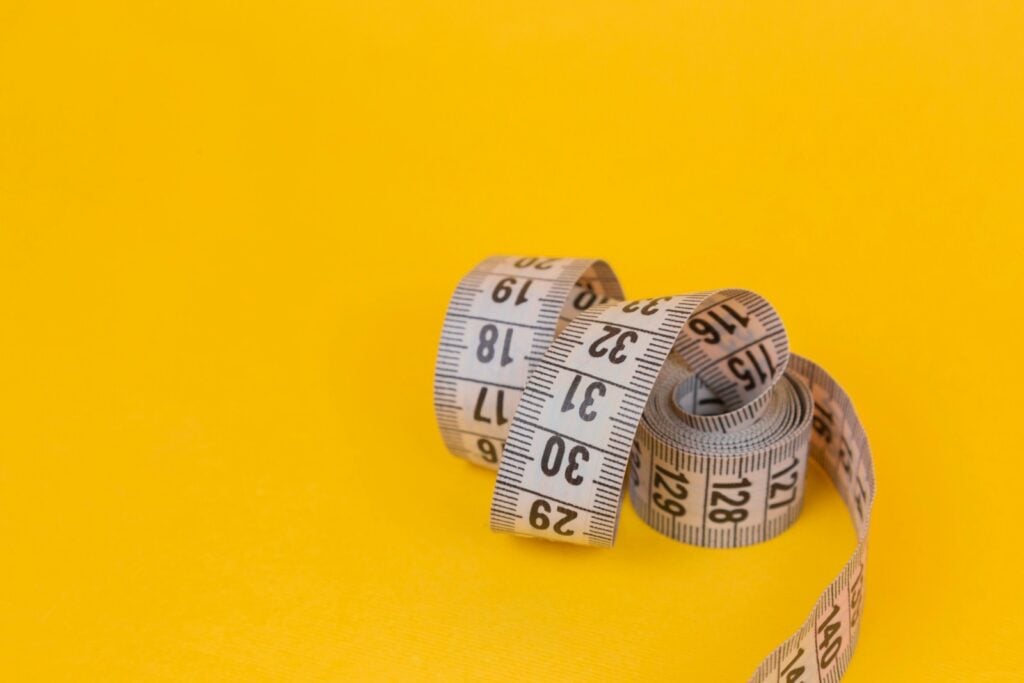For those seeking effective weight loss and health improvement solutions, understanding the advancements in robotic gastric bypass surgery can be highly beneficial. With the increasing volumes of bariatric surgeries performed each year, the shift towards robotic systems such as the Da Vinci Surgical System is noteworthy.
What Are the Advantages of Robotic Bariatric Surgery?
Robotic bariatric surgery offers clear advantages over traditional methods. Utilizing precision tools and robotic arms, surgeons can perform minimally invasive procedures, thus reducing trauma and improving outcomes. Studies show increased accuracy, leading to shorter operative times, less blood loss, and reduced complications compared to laparoscopy. These factors contribute to quicker recovery and favorable patient outcomes.
Is There Anything You Can Never Eat Again After Bariatric Surgery?
Post-surgery dietary changes are crucial for long-term success. While technically no food is permanently off-limits, patients must avoid certain foods initially to aid recovery. High-sugar, high-fat, and heavily processed items should be limited. Consulting a healthcare professional for personalized advice, such as a dietitian’s recommendations, ensures healthy nutrition habits are maintained for better results.
Three Advantages of Robotic Surgery?
Robotic surgery stands out for several reasons. Firstly, it offers enhanced precision, enabling complex procedures like Roux-en-Y gastric bypass with fewer complications. Secondly, patients benefit from reduced operative times and shorter hospital stays, which contribute to decreased overall costs. Lastly, it provides excellent visualization for the surgeon, significantly improving overall procedural quality.
What Should I Expect the Day of Surgery?
On surgery day, patients can expect a streamlined process designed for efficiency and precision. The use of advanced robotic systems such as Da Vinci ensures minimal incisions and risks. After anesthesia, the surgeon controls the robotic arms, focusing on patient safety and positive outcomes. Following standardized protocols helps in ensuring a smooth process and optimal recovery.
Comparing Robotic Bariatric Surgery to Traditional Methods
When comparing robotic surgery to traditional open or laparoscopic approaches, robotic procedures offer significant benefits. Reduced scar formation, lower infection risks, and quicker recovery time are noteworthy. However, choosing the right surgical method should be discussed with a healthcare provider, taking patient-specific factors into consideration.
Benefits of Robotic Gastric Bypass Surgery
Robotic gastric bypass surgery is particularly advantageous for patients with comorbid conditions like type 2 diabetes and high blood pressure. Studies suggest improved overall health management and weight loss outcomes post-surgery. Robotic technology enhances surgeon capabilities, leading to lower complication rates and enhanced care.
Robotic bariatric surgery is emerging as a preferred choice for many undergoing weight loss procedures. The benefits extend beyond the operating room, offering improved recovery and health outcomes. As technology advances, the potential for better patient experiences grows. For more details, see the comprehensive summary of gastric bypass procedures.

